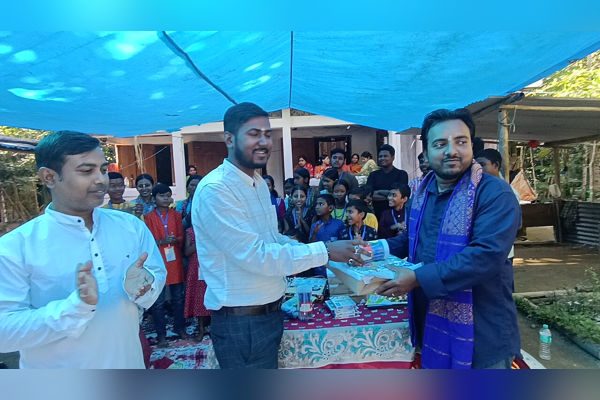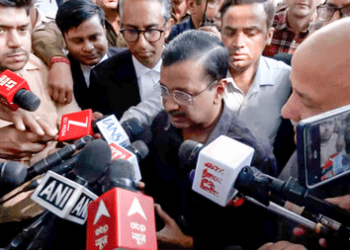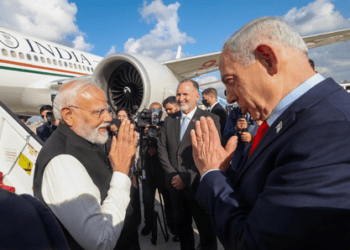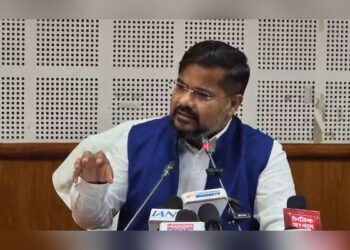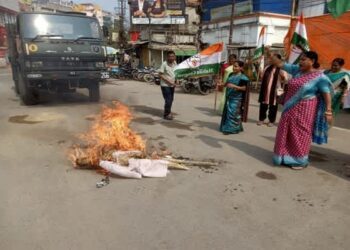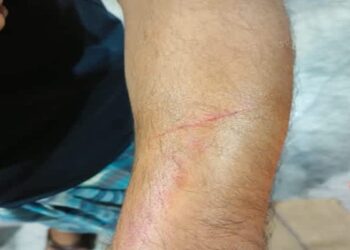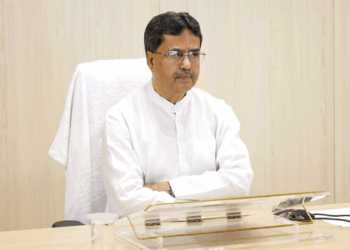Two young teachers from Dharmanagar have quietly emerged as “invisible heroes,” dedicating themselves to supporting underprivileged children with study materials, food, and encouragement. For the past five years, educators and professional trainers Debashis Das and Ajanta Ray have been carrying out humanitarian initiatives across Tripura—entirely from their own personal resources.
On Sunday, at the Sri Krishna Padabali Centre in Shanishchhara near Dharmanagar, the duo added another chapter to their mission. A total of 40 children from financially stressed families received essential educational materials including art supplies, 80 notebooks, pens, craft items, and various food products. Many of these children are first-generation learners whose academic journeys are often hindered by poverty. Locals noted that the support would ease their burdens and help them pursue their studies with renewed confidence.
The teachers also arranged a special mid-day meal for around 60 people, including students and their parents. Over the years, Das and Ray have visited different corners of Tripura to distribute books, clothes, art supplies, and even organise community lunches—all personally funded. “Our objective is simple—no one should be left behind just because they lack access to education,” they said.
Beyond this, Ajanta Ray has been actively working in Kanchanpur subdivision to combat substance abuse and child marriage, aiming to bring sustainable social change at the grassroots level.
North District Press Club secretary Panna Ghosh, who attended the event, praised the duo’s efforts, calling them “true role models for the state’s youth.” Sri Krishna Mission Padabali Learning Centre head Debashis Choudhury added that their sense of social responsibility alongside their teaching commitments is “truly commendable.”
Das hinted at a new, innovative programme planned for the near future aimed at spreading a “unique message” to society.
Choudhury also highlighted the revival of Padabali kirtan training at the centre, which began with only three students four years ago and has now grown to over 40, helping preserve Tripura’s cultural heritage.


